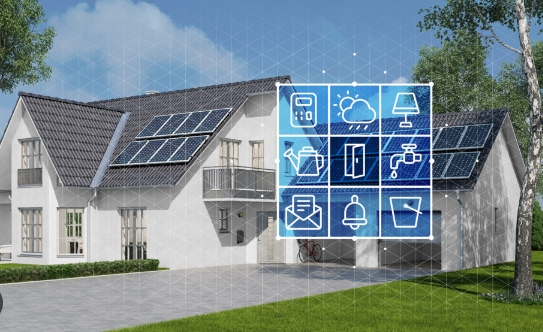Healthcare is constantly evolving to meet the needs of patients and provide better, more efficient care. One of the key drivers of this evolution is advancements in technology, which are revolutionizing the way hospitals operate and deliver services to patients. Here are some of the latest technological advancements that are making a significant impact in healthcare today.
Telemedicine: Bringing the Doctor to You
Telemedicine allows patients to consult with healthcare providers remotely through video conferencing and other virtual communication platforms. This has made healthcare more accessible to individuals who may have difficulty traveling to a physical hospital or doctor’s office. It has also allowed healthcare providers to reach a wider patient population and provide care in a more timely manner.
Electronic Health Records: Streamlining the Patient Experience
Electronic health records (EHRs) have replaced traditional paper medical records in many hospitals, allowing healthcare providers to access patient information quickly and easily. This has improved the communication and coordination of care among different healthcare providers involved in a patient’s treatment, leading to better outcomes.
Robotics: Assisting Surgeons and Enhancing Patient Care
Robot-assisted surgery is becoming increasingly common in hospitals, allowing surgeons to perform complex procedures with greater precision and less invasive techniques. This has reduced recovery times for patients and improved overall outcomes. Additionally, robotic technology is being used in other aspects of patient care, such as medication dispensing and rehabilitation therapy.
Artificial Intelligence: Predicting and Preventing Health Issues
Artificial intelligence (AI) is being used in healthcare to analyze large amounts of data and predict potential health issues in patients. AI algorithms can help healthcare providers identify patients at risk for certain conditions, allowing for early intervention and prevention. AI is also being used to personalize treatment plans and improve the overall quality of care provided to patients.
Virtual Reality: Enhancing Patient Experience and Treatment
Virtual reality (VR) technology is being utilized in healthcare to improve the patient experience and assist in treatment. VR can be used to distract patients during painful procedures, provide relaxation therapy, and even train medical professionals in complex surgical techniques. This technology is revolutionizing how patients engage with their healthcare providers and receive treatment.
Conclusion
The technological advancements in healthcare are revolutionizing the way hospitals operate and deliver services to patients. From telemedicine to artificial intelligence, these advancements are improving access to care, streamlining patient experiences, and enhancing treatment outcomes. As technology continues to advance, the possibilities for revolutionizing healthcare are endless, and patients can look forward to a future of better, more efficient care.

